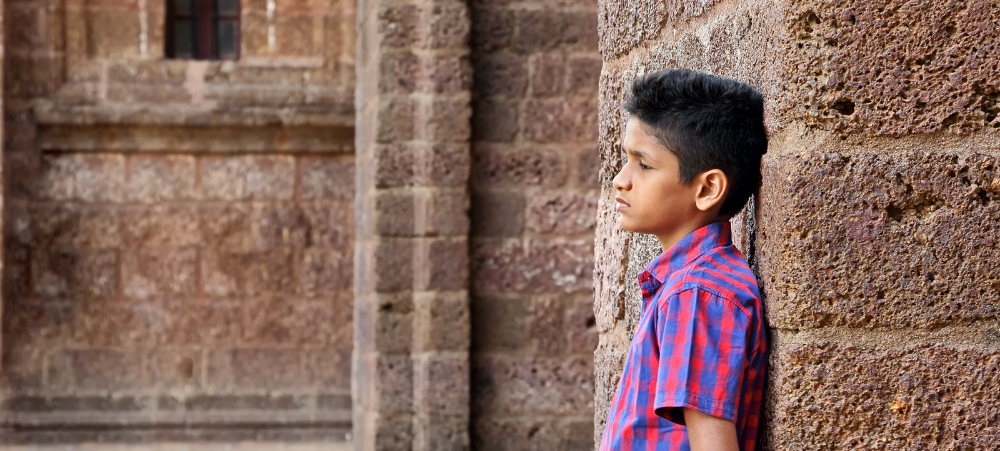In a previous article that we published on bullying amongst our children in South Africa, we touched lightly on cyber-bullying and promised you a separate article on this subject, as it is so vast. We’ve all heard the term and no doubt as parents you have already felt the need to educate yourself as to exactly what cyber-bullying is. For those parents out there who have your days caught up in the hectically crazy world that we live in, MAD Pups has prepared the following information. We have tried to touch on the most important aspects of cyber-bullying to bring to your attention and then give you some useful tips on how to deal with this difficult subject.
What exactly are we talking about here? In a nutshell, cyber-bullying is a form of teen violence that can do lasting harm to young people. This form of bullying has been made possible because of the advances in technology and social media which has made it possible for more young people to have access to cell phones and the internet. It takes place on all social media platforms. Bullies use text messaging or digital images, emails, instant messaging, web pages, blogs and chat rooms or discussion groups.
In a poll taken as early as August 2006, the Chicago Tribune reported that about one in every three children between the ages of 12 and 17 and one in every six children ages 6 to 11, are victims of cyber-bullying. We all know the story of Megan Meier, a 13 year old girl from Missouri, who committed suicide in 2006 after allegedly receiving cruel comments from a boy on MySpace. The boy who befriended her turned out to be a mother of one of her classmates!! How scary is that? This was seven years ago! Although the poll is outdated, it still gives us a sense of what is going on as our rational minds can only tell us that this has escalated as the number of people who have internet access and access to technology has also escalated.
This could very well happen to one of your children and the damage that it could do both psychologically and emotionally could be just as devastating. Just imagine how much an adult posing as a child can outwit and outsmart your child. Therefore knowing that people can hide their identity online is critical to how important you view this subject. It’s also important to remember here that there is huge peer pressure focused on our young children (perhaps a subject for another article) and because of this, children are not always going to disclose that they are victims of cyber-bullying. This makes it even more important for you as a parent, to keep those channels of communication open as much as possible.
You need to educate yourself and your children about social networks, how they work and how to manage them. Teach your children about the dangers of social networks and chat-rooms and teach them also not to respond to or forward any threatening or abusive messages. Get them to understand that whilst you are okay with them with being connected – after all they are the ‘connected’ generation – they need to conduct themselves and behave online, in a responsible and mature manner and that it’s okay to ask for your guidance and advice ie you will not judge them or find fault with them in terms of the decisions that they make or want to make in any way.
Talk to your children about cyber-bullying and explain to them that it is wrong. Many children do not understand that they are doing harm when they post something or that they can be hurtful in their responses to messages etc. This is also why MAD Pups regularly runs courses for children on assertiveness, entitled Assertiveness for Life, where children are taught to make the distinction. Ensure that they understand the difference between photos and images that are socially acceptable and those that can be offensive. Let them know that should they become the target of cyber-bullying, they must keep the messages and share them with you so that should the situation become out of control, there is material proof to pass on to authorities. Let them know that they should not be sharing or posting any information on-line that they would not want to have public They should never ‘friend’ people that they do not know as well as never share information, images, photos etc with strangers. If anyone is continuously harassing them, sending them messages that are mean, nasty, inappropriate and make them feel uneasy, let your child know that it is better to remove them off their friend list and even better, block them.
It is vital that parents:
- Know which sites your child visits
- Monitor their on-line activity
- Help them be smart regarding what they post about themselves and discourage them from sharing anything that could be hurtful or damaging to either their or their friends’ reputation
- Encourage them to keep their passwords safe and know what their passwords are
- Encourage them to change their passwords regularly and to keep you updated as to what they have changed them to
- Block unwanted messages
- Keep internet access to a shared family space
- Encourage your child to have times when all technology is switched off such as at family meals
- Check your child’s phone and social network accounts regularly and remove anything that you think is inappropriate
- Tell your child that at no time should they post or share any personal contact details online or with anyone that they don’t know – ever!
- Install parental control filtering software if necessary
- Establish clear and consistent rules regarding the use of computers, cell phones etc
- Keep the channels of communication between you and your child open and honest at all times
Cyber-bullying is a very real monster. It is happening all around the world and whilst it cannot be stopped, we owe it to our children to protect them in every way possible. Education is always key!
We understand that there are many aspects that encompass a Mother, Father or Child and strive toward providing resources and services that accommodates this.
Our content is aimed to inform and educate families on issues starting from pregnancy through to the challenges of the teen-age years.
- Say Hello to the Ultimate Holiday Brunch Bite - December 17, 2025
- Tiny Toons Looniversity Returns: Meet the Voice Behind Plucky and Hamton! - December 12, 2025
- From Pain to Possibility: Panado®’s New Marketing Campaign, Highlights The Joy Of Pain Relief - December 10, 2025





